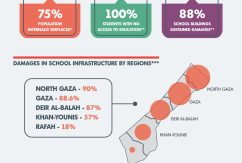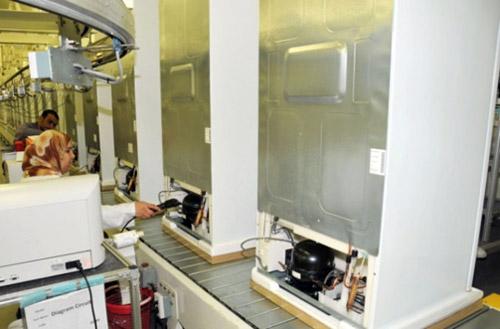Lack of Euro-Mediterranean integration fuelling regional youth unemployment, study says

A major study examining how regional integration can provide both short and long-term solutions to the employment crisis in the Euro-Mediterranean region has concluded that domestic labour markets have failed to create sufficient employment opportunities – particularly for young people and women, including graduates.
But, with the right policies in place, youth unemployment could consistently fall over the next 20 years, according to the Study, entitled Youth Employment and Regional Integration in the Euro-Mediterranean Region, by the European Institute of the Mediterranean (IEMED), the Euro-Mediterranean Economists Association (EMEA) and the Euro-Mediterranean Network for Economic Studies (EMNES).
The reasons for current failures include skill mismatches, rigid regulation and limited deregulation, the weight of the public sector and its influence on educational choices, as well as issues related to the persistence of certain socio-cultural norms.
The study asserts that the main challenges to improve the current situation demand greater facilitation of workers’ employability, by achieving a better match between labour supply and demand on the supply side, and creating greater and better job opportunities through sustained and inclusive growth on the demand side.
The authors conclude that deeper integration between the region’s countries could boost employment, especially by providing better access to markets through the elimination of trade barriers. Ending import tariffs could make domestic prices fall to the lowest regional levels, but also create trade in the liberalised region.
In a regional integration scenario, the study predicts that youth unemployment rates could fall from 25.7% in 2015 to 17.6% in 2040 – as long as countries take action to reduce public budget deficits, improve trade balances and upgrade their infrastructure.
Depending on the degree and type of regional integration, net additional youth jobs in non-Euro Mediterranean countries would range from 221,000 by removing trade barriers, to 423,000 as a result of institutional and process harmonisation.
Meanwhile, full integration involving both the removal of trade barriers and improved institutional and process harmonisation would account for 570,000 additional youth jobs as part of a total of 3,835,000 extra jobs.
Read more
Study: Youth employment and regional integration in the Euro-Mediterranean region
European Institute of the Mediterranean (IEMED)
Euro-Mediterranean Economists Association (EMEA)
Euro-Mediterranean Network for Economic Studies (EMNES)




































